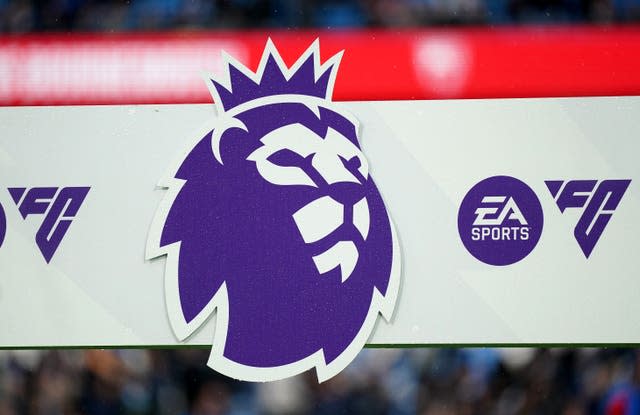Man City and Premier League both claim victory after decision on APT rules

Manchester City and the Premier League have both claimed victory after the champions challenged the league’s rules on commercial deals.
City launched a legal action against the associated party transaction (APT) rules earlier this year on the grounds they were anti-competitive.
The Premier League said on Monday afternoon City were “unsuccessful in the majority of (their) challenge” and that the tribunal had determined the APT rules were necessary and pursued a legitimate objective.
The APT rules are designed to ensure commercial deals with entities linked to a club’s owners are done for fair market value.
City released a statement saying the tribunal had declared the APT rules “unlawful” and that the league had abused a dominant position under competition law.
Both parties published the 175-page ruling from the arbitration panel.
The Premier League said the tribunal had supported the legitimacy of the rules and said it had found them essential to make the profitability and sustainability regulations (PSR) effective, and agreed with the Premier League that if a transaction is evidently not at fair market value, that would distort competition within the league.

The league also said the panel had rejected City’s argument that the purpose of the rules was to discriminate against clubs with ownership from the Gulf region.
The league said the panel found in favour of City in “two respects only” – that shareholder loans should not be excluded from APT rules and that a “limited number of amendments” to the APT rules made earlier in this year would be necessary.
Manchester City claim the panel found the APT rules were “structurally unfair” and that the panel had set aside specific decisions of the Premier League to restate the fair market value of two transactions entered into by the club.
City said the panel had found the Premier League had reached those decisions in a “procedurally unfair” manner and said there was an unreasonable delay in the league’s fair market value assessment of two of their sponsorship transactions.
The club also suggested they could look to seek damages based on the panel’s decision.
The Premier League concluded its release by saying that beyond the inclusion of an assessment of shareholder loans in its rules, and the need to amend changes made to the rules earlier this year, its rulebook had been found compliant with competition and public law standards.
The panel’s conclusions were set out in paragraphs 592 to 602 of the 175-page document.
The first refers to City’s challenge to the APT rules as first adopted and the rules as amended earlier this year. It found the exclusion of shareholder loans unlawful but stated “all other challenges fail”.
On City’s claim that the rules were procedurally unfair, it also said “all other challenges fail” except for the fact City were not allowed to comment on the comparable transaction data relied upon by the Premier League before it makes a decision on fair market value.
Related
Jonas vs Price: How women’s boxing can become centre stage…
The iconic Royal Albert Hall has hosted pugilism for over a century, welcomed key political figures and showcased musical superstars.On Friday evening, a women'
Belgian Darts Open: Ryan Searle sets up Luke Littler showdown…
Ryan Searle set up a showdown with world champion Luke Littler and Mike De Decker booked a reunion with world No 1 Luke Humphries
Sky Sports presenter reveals she has a brain infection following…
A Sky Sports presenter has revealed she has a brain infection after battling cancer.Emma Saunders, who works as a presenter and match day reporter for Sky, was
Jonas vs Price as it happened: Reaction, analysis, boxing results,…
'I want to go back to Wales'published at 23:37 Greenwich Mean Time 7 March23:37 GMT 7 MarchPrice beats Jonas by unanimous decisionLauren Price speaking to Sky S













